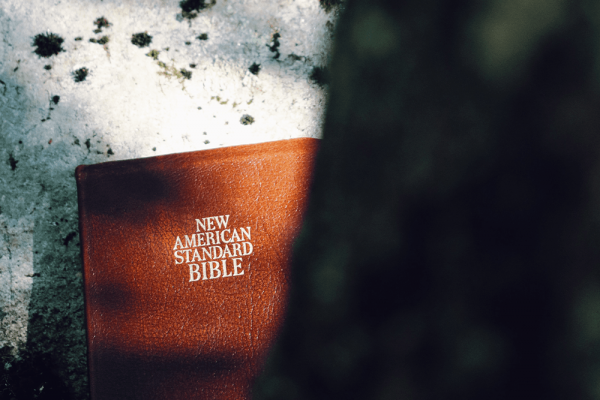In the year 2050, when today’s 3-year-olds will be 30-year-olds, climate scientists expect the height of the slowly unfolding climate disaster to have arrived. The specifics vary slightly, but most experts warn that some regions will face extreme drought while others are entirely flooded with sea level rise. Dangerous heat and humidity — as some regions of the U.S. have faced this summer — combined with poor air quality will make it dangerous to be outside for a growing portion of the year in many places.
With 1,365 parishes that include 2,646 churches across 26 dioceses on the island of Ireland, the initiative has the potential to make a difference to local biodiversity as well as create awareness of global conservation efforts, particularly the agreement of countries at the 2022 United Nations conference on biological diversity (COP15) to return 30 percent of land to nature. It also strives to increase awareness of church teaching on ecology and highlight the role of people of faith in protecting creation.
Then, when the heat went out, so did the reluctance to put an end to the parish’s dependence on fossil fuels. The parish installed an all-electric heat pump system, replaced functioning gas-powered appliances with electric versions and installed a third solar array. By 2021, St. Martin’s had become carbon neutral and was certified by Interfaith Power & Light as a “cool congregation.”
There’s plenty that concerns me about this latest indictment, including 161 specific acts prosecutors say were intended to obstruct the election, ranging from harassment of election officials to the infamous recorded phone call where Trump tells Georgia’s secretary of state to “find” missing votes. But what’s most bothering me aren’t the details of the indictment; I’m worried that most folks in the U.S., including Christians, are barely paying attention. Meanwhile, Trump remains the front-runner in the the Republican primary, despite the indictments.
Professor Sam Joeckel’s 21-year tenure at Palm Beach Atlantic University ended after a single complaint from a parent who stated that Joeckel was indoctrinating his students. What started out as a typical day in February soon became a nightmare for Joeckel as the dean and provost of the university waited for him outside his classroom to inform him his teaching contract wouldn’t be renewed.
I embarked on a journey to self-care with a few small changes: affirmations, daily prayer and meditation, regular exercise, and breaks during my day. Within weeks, I felt better physically and emotionally. I felt more secure in my own identity and more connected to other people. But there was an unanticipated benefit: I felt more connected to God. It turned out that the more I cared for myself, the more I wanted to serve God in the world.
As reported by The Salt Lake Tribune, the parent arguing for the ban of the Bible explained that the book “has ‘no serious values for minors’ because it’s pornographic by our new definition.” The anonymous parent wrote to the school board, “Get this PORN out of our schools,” before listing over eight pages of offending verses that seemed to fit the legislature’s definition of what is considered to be “pornographic or indecent.”
Ambitious in scope, The Place We Make is part cultural and geographic history, part spiritual memoir, with thoroughly researched original source documents and contemporary voices. The structure of the book alternates between historical profiles from Vanderpool’s context and Sanderson’s personal moves from the places of ignorance, silence, and exclusion toward empathy, self-disclosure, and community. It is no small task to write as a confessional Christian while clearly identifying the numerous ways Christianity has served to create and perpetuate white supremacy. Sanderson tackles this challenge with humility, often citing theologians and Christians of color who have been wrestling with this paradox from the beginning of colonial modernity.
The writer James Baldwin’s 1967 New York Times essay “Negroes Are Anti-Semitic Because They’re Anti-White” is a passionate indictment of white Jewish racism and a condemnation of antisemitism. His essay is clear-eyed and right about most things — except for its thesis.
I was supposed to be taking a writing day this past Monday, but the sound of sirens kept distracting me. Sirens in my Seattle neighborhood are not unusual, but the sirens blared from early morning until noon. By that time, I’d heard 10 or more police cars drive by, which felt different. So, during my lunch break, I resolved to walk down the street to see what all the hullabaloo was about. I figured I wasn’t getting any writing done, so I might as well go investigate.









